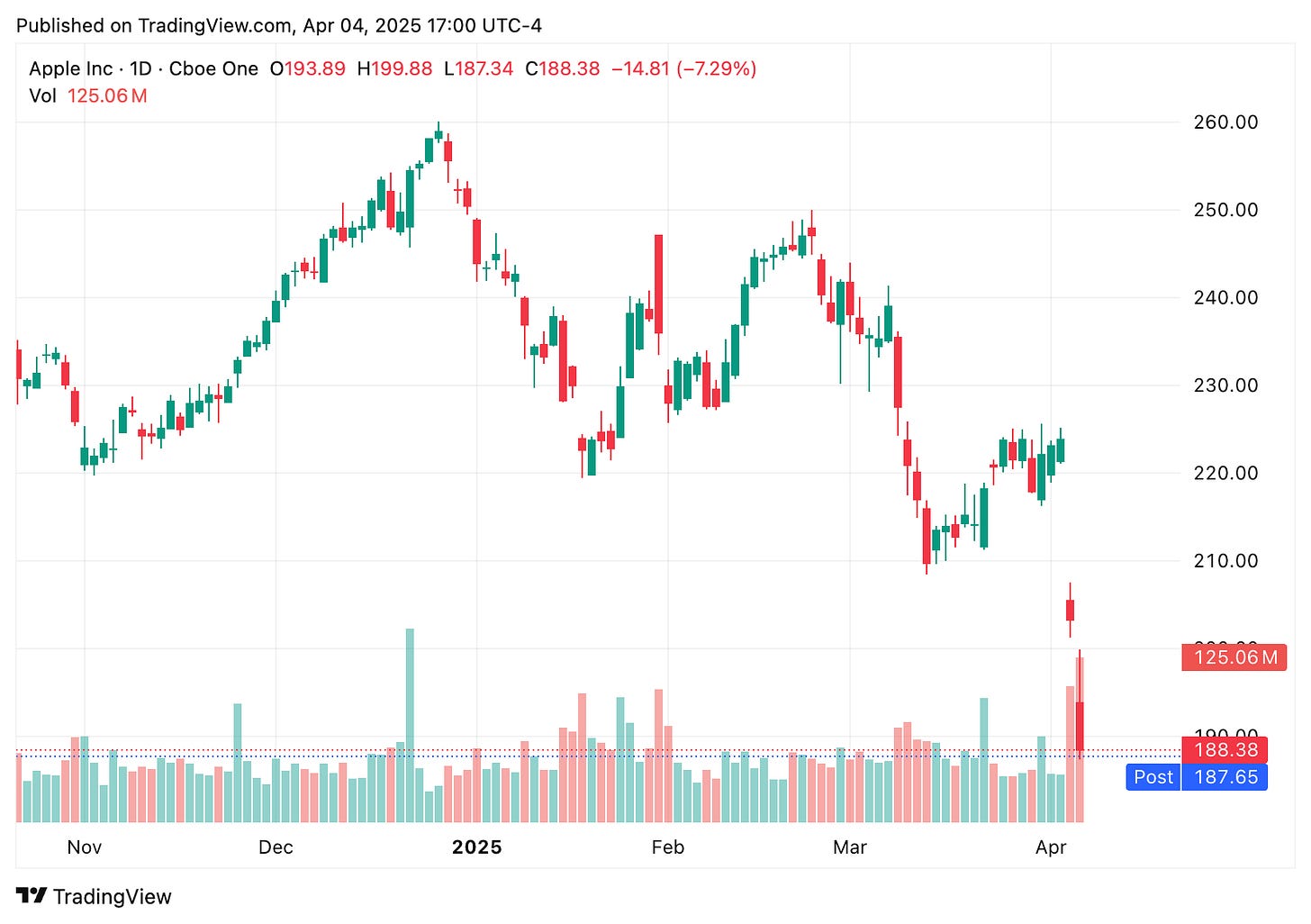It's Too Expensive to Eat Three Meals a Day, Survey Shows
Credit Karma's Courtney Alev shares shocking results of new survey and has some ideas to help you keep it together
The Trump administration has done a craptastic job at disemboweling anything it touches, and destabilizing the global economy is only the beginning! Insane tariffs that have no basis in reason alienated our trading partners (including some very nice penguins), tanked the stock market and destabilized the global economy. But don’t count on Social Security to help, now or in the future, as they’ve left it to rot on the vine. None of this comes as a surprise, by the way—we all saw this coming since before the election, so the “this was unexpected” rhetoric from the finance industry and media is insincere at best.
This week’s Intuit Credit Karma survey shows that 30% of Americans are spending at least 60% of their monthly income on necessities. And 50% of Americans earn too much to qualify for government assistance, but not enough to comfortably afford necessities like groceries. Younger generations are even turning to extreme measures, with 32% of Gen Z skipping meals.
I had some questions. Credit Karma’s Courtney Alev, consumer financial advocate and head of Tax at Credit Karma, had answers. Her PR folks also want you to know that the substantiated facts about the economy in the first paragraph are ones I added, as is the market graph below. The Credit Karma folks are so nice that they would probably not use the word “craptastic.”
Vanessa McGrady: We are at this crazy intersection of low consumer confidence, tax time, and what they're calling stagflation. How should people be thinking about their money?
Courtney Alev: In periods of economic uncertainty, consumers should focus on financial resilience. Prioritize savings, manage debt wisely, and be mindful of spending, especially as prices remain high. Look for ways to cut back on unnecessary spending, build an emergency fund if you can, and make informed decisions about large purchases. We can’t control economic policy, but we can try our best to protect ourselves from the effects by improving our finances to the best of our ability.
VMc: What spending/saving trends are surprising to you right now?
CA: Our recent data shows that roughly half (51%) of Americans have already changed their spending habits in anticipation of tariffs, especially younger consumers – 67% of Gen Z and 61% of Millennials are proactively shifting how they spend in preparation of tariff-related price increases. This could be because many of them are already reliant on credit to fund their day-to-day lives. Our data shows that 45% of Gen Z and 46% of millennials say that they are relying on credit cards more now that prices for essential items have remained elevated. Overall, this isn’t all that surprising of a trend, given that typically during times of economic uncertainty, consumer confidence softens and we tend to see people pull back on spending.
Perhaps the more surprising trend we’re seeing is the other half (49%) of Americans who are taking a “wait and see approach,” and not choosing to change their spending habits, mostly because they don’t feel the need unless they actually see prices change (42%). However, other people in this camp likely don’t have as much of a choice. Our data shows that roughly half (51%) of people with household incomes under $50K say they haven’t changed their spending habits in anticipation of tariffs because they have other priorities to focus on right now (39%). This could be because lower-income Americans are focused on making ends meet, and have less room in their budgets to reduce their spending.
VMc: What can turn all this around?
CA: Consumers should focus on what they can control, whether that’s building their savings, paying down high-interest debt or cutting back on non-essential spending. It’s difficult, and somewhat exhausting, to try and predict where things will go, so focus on tangible steps you can take to create a financial safety net for yourself and your family.
VMc: If people are broke and scared and hopeless, how can they best help themselves?
CA: Focus on small, actionable steps that provide stability and a sense of control. Financial struggles can feel overwhelming, but even small changes can make a meaningful difference.
First, prioritize your immediate financial needs like housing, food, and utilities. If money is tight, look for ways to cut non-essential expenses, negotiate bills, or seek community resources for support. Many organizations offer assistance with food, rent, or medical costs. Next, tackle debt strategically and start with your highest interest debt first. If credit card debt is a big stressor, focus on minimum payments to stay current while exploring lower-interest options, like balance transfers or hardship programs.
Seeking additional income, whether through gig work, freelancing, or upskilling for better job opportunities, can also help. Most importantly, mental health and financial health go hand in hand, so consider speaking to a financial counselor or leaning on your family and community for a little extra support.
VMc: What else should people know?
CA: Financial struggles can feel isolating, but millions of others are in the same boat, dealing with the same challenges. The economy moves in cycles, and while things may feel tough now, conditions should eventually improve. Focus on what you can control, like budgeting, saving in small ways, and seeking support.
MORE: Are you thinking of cashing out your investment accounts? DON’T, say experts. This may even be the time to take advantage of what iconic finance thought leader and author Barbara Huson calls “a sale.”




